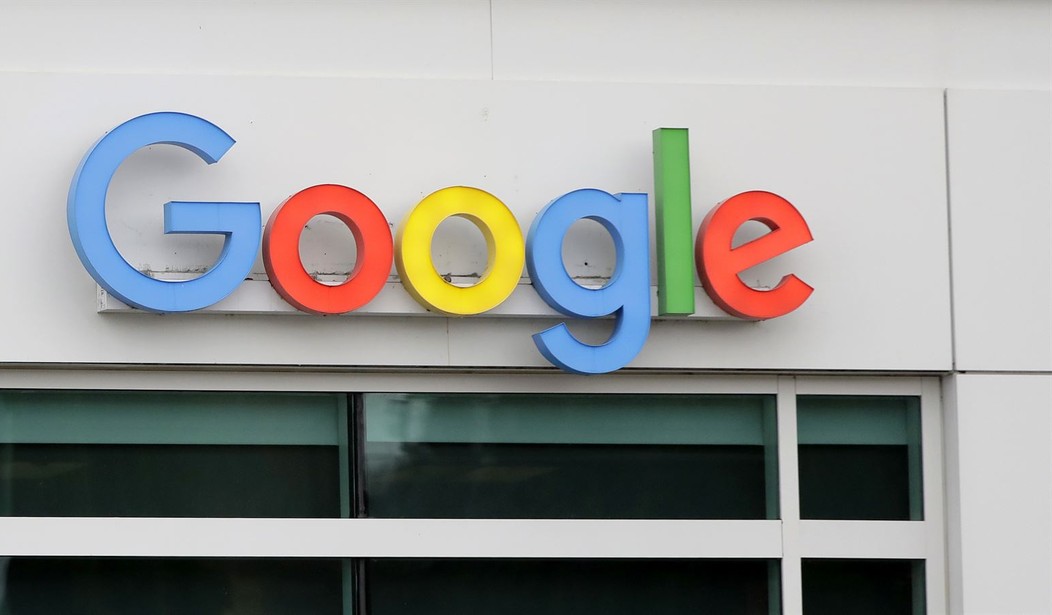A federal judge is “disturbed” by Google’s so-called privacy practices after learning in court that the popular Chrome browser makes users’ information available to the company’s data-harvesting server even when users are browsing “incognito.”
The help page for Chrome’s incognito mode promises users that they can “browse in private” if they “don’t want Google Chrome to remember your activity.”
Google’s Chrome might not remember your activity locally, on your computer or on your smartphone, but it seems that Google’s servers remember everything.
San Jose-based U.S. District Judge Lucy Koh wants to know “about what exactly Google does” as she presides over a class-action suit seeking “$5,000 in damages for each of the millions of people whose privacy has been compromised since June of 2016.”
According to a Bloomberg report filed late last week, “Koh said she finds it ‘unusual’ that the company would make the ‘extra effort’ of data collection if it doesn’t use the information to build user profiles or targeted advertising.”
Unusual? Hoovering up data from any available source and without consent is just business as usual for the company whose corporate motto is “Don’t be evil.”
Google is the same company whose former CEO, Eric Schmidt, responded to privacy complaints about Google Maps cars photographing literally everything they drove past by saying, “If you have something that you don’t want anyone to know, maybe you shouldn’t be doing it in the first place.”
There’s a quote that has been stuck in my mind for years, that either my memory or my imagination attributes to former Apple CEO Steve Jobs. I’ve never been able to find a reference to it, so it might be nothing more than the work of my imagination. Nevertheless, it sounds like something Jobs might have said, and it certainly rings of truth.
At some point during a conversation with one or both of Google’s founders, Larry Page and Sergey Brin, either Real or Fake Steve Jobs reminded them that their entire business model consisted of nothing but “selling shitty little banner ads.”
It’s true. But what makes Google’s banner ads so valuable is the targeting data behind them. Google would no more leave scraps of data untouched than most people would walk right past a $100 bill on the sidewalk.
In other “All Your Data Are Belong to Us News,” also late last week another U.S. district judge approved a massive settlement against Facebook for yet more violations of users’ privacy.
The AP reported on Sunday that Facebook has agreed to pay a whopping $650 million dollars to Illinois users for violating their privacy rights under state law.
U.S. District Judge James Donato put his stamp on the deal punishing Facebook for “allegedly using photo face-tagging and other biometric data without the permission of its users.”
Donato wrote that the settlement “will put at least $345 into the hands of every class member interested in being compensated,” and that it’s “a major win for consumers in the hotly contested area of digital privacy.”
While $650 million is nothing to sneeze at, it’s a drop in the bucket compared to the company’s nearly $70 billion in profits last year, up nearly 30% over 2019.
Illinois residents are protected by the state’s Biometric Information Privacy Act, which allows “consumers to sue companies that didn’t get permission before harvesting data such as faces and fingerprints,” according to AP…
…but what are the rest of us to do to claw back some of our digital privacy?
I have a couple of suggestions for you.
The first is that if you’re using Chrome, then stop it at once.
Brave’s privacy browser actually respects user privacy, can run your favorite Chrome extensions, and is available for all major platforms. Dig into Brave’s settings tab and you’ll find additional privacy controls, including the ability to block those social media buttons from Google, Facebook, and Twitter that not-so-secretly serve as tracking devices.
If you’re an iPhone or Mac user, Apple’s Safari has solid privacy protection baked in, but no browser or privacy setting can protect you from the information you (or your family) willingly puts into those “free” services.
But you can limit your exposure.
Facial recognition is one of Big Data’s most powerful tools, and the more people photos you upload to Facebook or Google, the more powerful that tool becomes.
Whatever you do, don’t use Google’s “free” cloud service for storing your photos, and don’t give the Facebook app access to your entire photo library.
The price you pay to Google and Facebook is that your photos become their data. Apple offers a paid cloud storage service that doesn’t involve any data harvesting, but be aware that if the government comes with a warrant for your data, Apple will turn it over as required by law.
The problem we face in battling the Big Data giants is that the services they offer are both free and convenient — and most consumers have no idea just how deep and thorough the data harvesting is.
But no-BS judges like Lucy Koh and laws like the Illinois Biometric Information Privacy Act are cause for hope. If Congress won’t act, then maybe more state legislators will. And as more stories are revealed, like the one about Google’s incognito misconception, the warier — and smarter — consumers will become.










